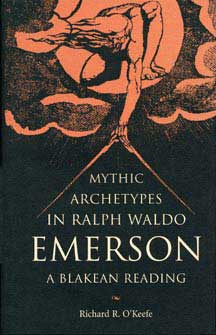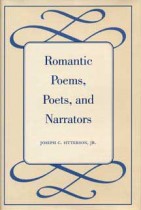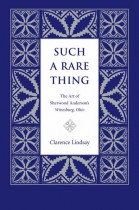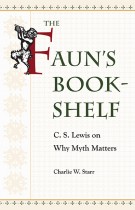Mythic Archetypes in Ralph Waldo Emerson
A Blakean Reading
Literature & Literary CriticismRichard R. O'Keefe
Mythic Archetypes in Ralph Waldo Emerson explores the American writer’s essays as mythic prose poems, suggesting a new approach to the practical criticism of Emerson’s works. Richard O’Keefe uses the archetypal model—a critical tool seldom employed on American Romantics, yet frequently applied in the study of British Romantic poets such as William Blake—to contemporize methods of examining Emersonian texts.
Blake and Emerson, both products of a Christian culture, found themselves forced—a generation apart and quite independently—to redefine and reinterpret the traditional body of Christian myth they had inherited. Concentrating on the Romantic, prophetic voice in Emerson’s writings, O’Keefe discovers an American version of Blake’s fourfold myth of Creation, Fall, Redemption, and Apocalypse. The presence of these recurrent mythic metaphors leads him to conclude that Emerson appears less as a Transcendental sage and more as a radical existential poet, visionary, and prophet.
O’Keefe presents a balanced selection of works from Emerson’s early and late career and provides particularly insightful readings of “Circle” and the Divinity School “Address.” His innovative study will be of value to scholars of Emerson, Blake, and American romanticism as well as to critical theorists and comparative literature specialists.





